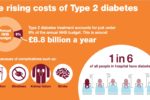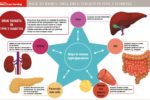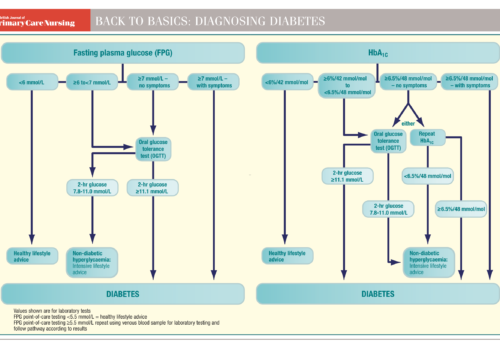*The British Journal of Primary Care Nursing approached Abbott Healthcare Products Limited to fund the production of this supplement. The company was not involved in its development, although it was asked to review it for technical accuracy just prior to printing. Editorial control has remained with the British Journal of Primary Care Nursing at all times.


























